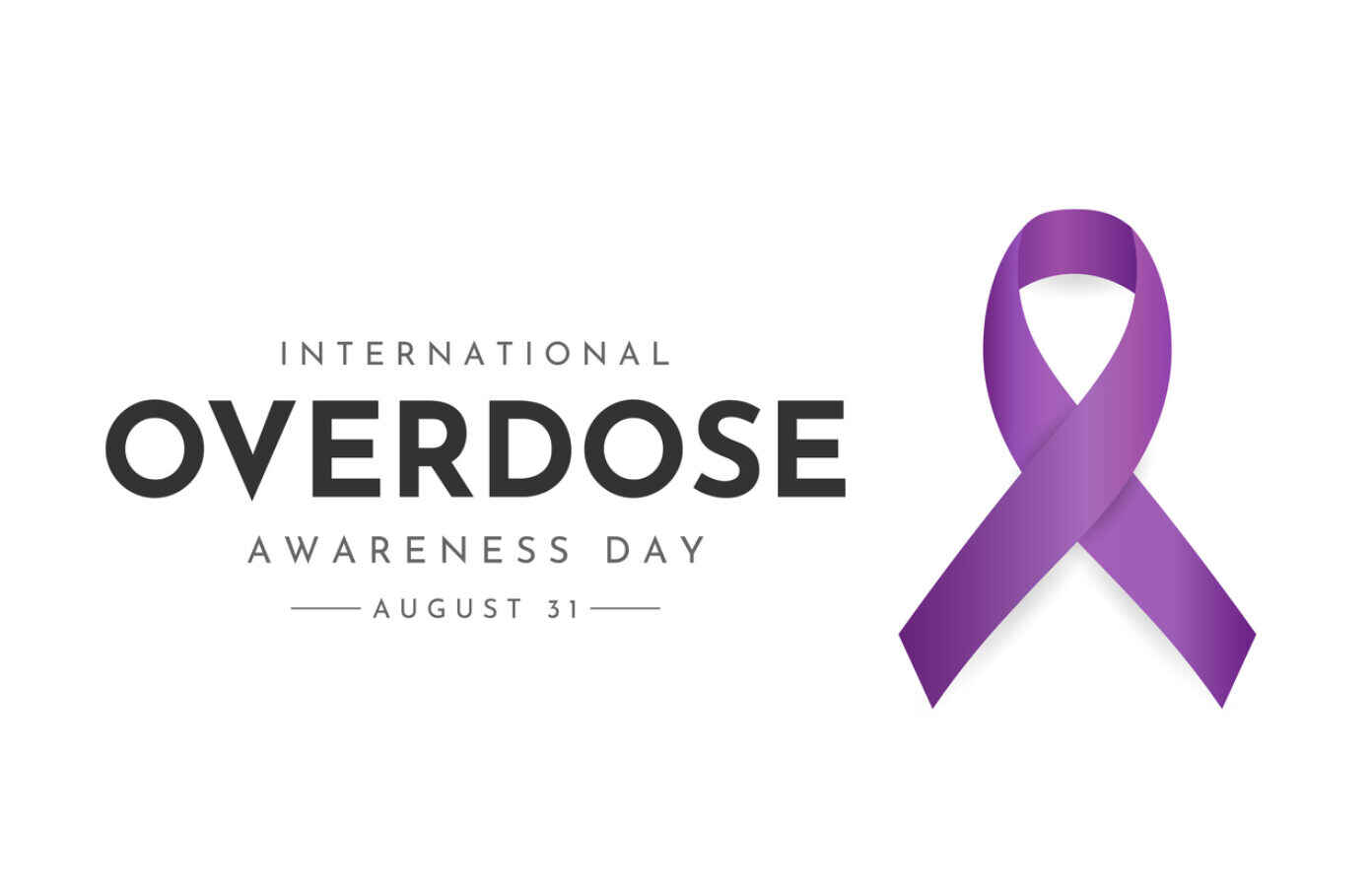Drug-induced Homicide Laws will not Reduce Overdose Deaths: A Reminder on International Overdose Awareness Day
August 30, 2023
Overview
Over one million people in the U.S. have died from overdose since 1999. This year, as we remember those we’ve needlessly lost, we are also seeing calls for increased penalties for people who share drugs. Perhaps the cruelest form of these laws are drug-induced homicide laws.

August 31st is International Overdose Awareness Day (“IOAD”). Initiated in 2001 in Australia, it is considered to be the world’s largest campaign to end overdose. On this important, solemn day, individuals, communities, and organizations all over the world remember loved ones who have died from overdose, hold events to increase awareness without stigma, and provide the opportunity for connection.
Over one million people in the U.S. have died from overdose since 1999. Almost 107,000 people died last year alone, including over 70,000 overdoses involving synthetic opioids such as fentanyl. This year, as we remember those we’ve needlessly lost, we are also seeing calls for increased penalties for people who share drugs. Perhaps the cruelest form of these laws are drug-induced homicide (“DIH”) laws. Grieving families and an alarmed public are demanding action, and rightly so. But rather than seeking solutions that decrease stigma and encourage evidence-based treatment for substance use disorder (“SUD”), many elected officials are falling back on an old, ineffective plan: criminalization and punishment of people who use drugs.
DIH laws criminalize a person who sells or distributes a substance that contributes to or results in the death of another person. While many states already have laws that criminalize that activity, states are increasingly adding specific DIH laws. In theory, DIH laws are meant to punish “drug dealers” who provided the substance that resulted in a person’s overdose. In reality, these laws often punish friends and loved ones who use substances together.
While the push for these laws may be motivated by a desire to stop overdoses, criminalizing people who use drugs and the people who provide them has not worked in the past and has taken a terrible toll on our communities. DIH prosecutions negatively impact public health by increasing the volatility of the local drug market; changing individual drug use behaviors in ways that make them more damaging; and deterring life-saving overdose response strategies, such as calling 911. The drive to do something to reduce overdose deaths is understandably strong, but further criminalization is not the answer. Some legislators even admit that they are passing these laws simply because they had no idea what else to do, which is never a good reason to pass legislation that could possibly lead to the death penalty in some cases.
Not all people who use drugs have SUD; but all people who use drugs (even those who use them for the first time and in the most socially acceptable ways) are at risk of overdose in a system where the drug supply is unregulated and drug use is criminalized. Until we erase shame and stigma and endorse evidence-based harm reduction measures such as overdose prevention centers, safe supply and decriminalization of all drugs, we will not be able to address this public health crisis. One way we can preserve the memory of those we have lost is to ensure we do not lose anyone else.
No one else needs to die from a drug overdose. Every year that we cling to the war on drugs and fail to implement strategies that actually save lives, we will find ourselves at yet another IOAD event, remembering the ones we did not have to lose.
This post was written by Amy Lieberman, Senior Attorney, and Ashleigh Dennis, Staff Attorney, Network for Public Health Law Harm Reduction Legal Project.
The Network for Public Health Law provides information and technical assistance on issues related to public health. The legal information and assistance provided in this document do not constitute legal advice or legal representation. For legal advice, readers should consult a lawyer in their state.
Support for the Network is provided by the Robert Wood Johnson Foundation (RWJF). The views expressed in this post do not represent the views of (and should not be attributed to) RWJF.
